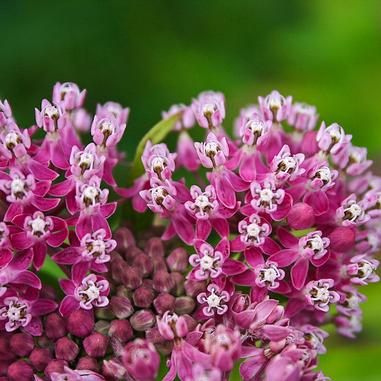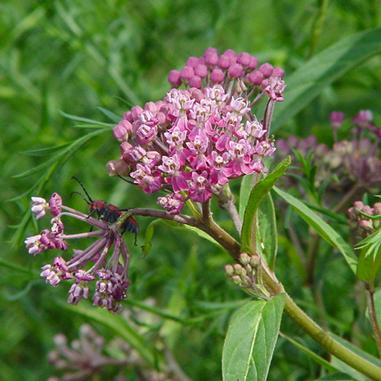The clouds were cobbled together like great stones with mortar the color of sky, and slivers of sunlight flickered through momentarily until the mortar hardened and the clouds became impenetrable. Leafless trees revealed hidden vistas, and the world seemed somewhat naked, somber and vulnerable.
Late Fall certainly loses some of its flair and whimsy as nature gets serious and goes into self-preservation mode. And nature currently needs our help.
Enter the Monarch Butterfly. Seem like the wrong time of year to be discussing butterflies? Perhaps; however, just last week the Illinois Senate approved a bill that would essentially reclassify Milkweed not as a noxious weed but as a needed and quickly disappearing native plant. This austere plant is the sole source of food for the Monarch’s larvae. Hence, without this important plant, the Monarch’s population has seriously declined over the last two decades.
The Midwest serves as an important breeding ground for this ubiquitous butterfly which migrates thousands of miles each year from the Northern U.S. to Mexico and back again. Sadly, because of its previous label as a noxious weed and with the increased use of herbicides and insecticides, five of Illinois’ native Milkweed species are now endangered and one is considered threatened. In fact, earlier this year, Illinois designated the Milkweed as the state wildflower in hopes of raising awareness and eliminating previous connotations. So what does this mean to you?
Consider bringing Milkweed back into your yards and garden. They are native to Illinois, so they require little to no maintenance, other than lots of sun. They thrive in our soil and climate, so planting them seems like a no brainer, right? And don’t be concerned about Milkweed taking over your entire garden. When Milkweed has to share space with other perennials, it seldom spreads, and because they are a taller plant, Milkweed will help give your garden height and vertical appeal.
And the pay off is huge! Watching these lovely pollinators is nothing short of magical, so please invite them back into your yards and gardens by offering this important plant. Together, we can make a difference, and Sweeney’s is here to help!
Plant of the Week


Rose Milkweed
Large rosy-pink flowers with a lovely vanilla scent bloom July – August atop upright stems. Later, large pods open to reveal seeds that are carried by the wind. Prefers sun to partial shade and moist soil. Grows 3-4′ tall and 24-36″ wide. Attracts Monarch butterflies and is deer resistant.
“May the wings of the butterfly kiss the sun
And find your shoulder to light on,
To bring you luck, happiness and riches
Today, tomorrow and beyond.”
-Irish Blessing
Best wishes,
Kim Sweeney
